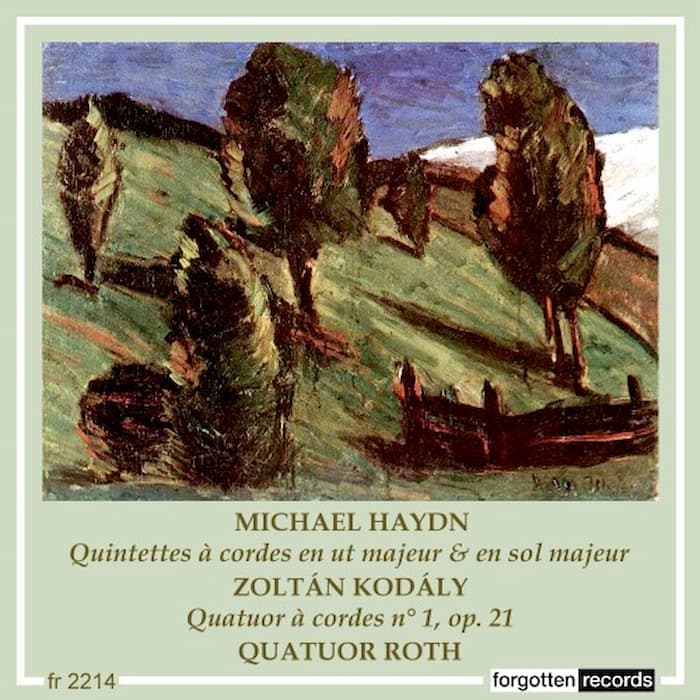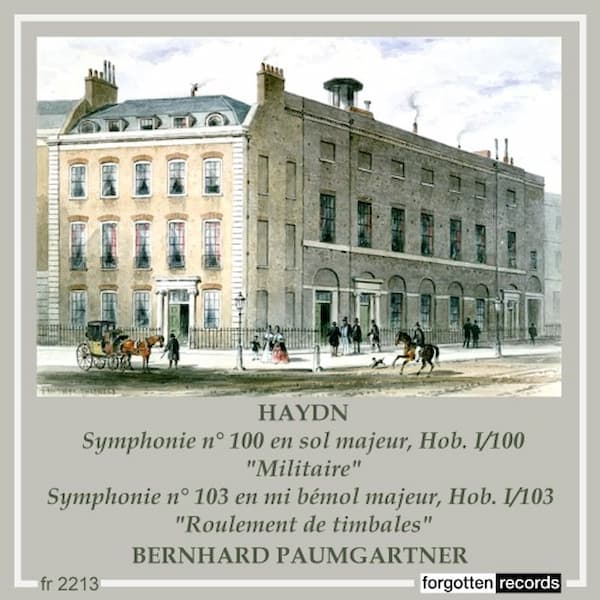Considered one of the greatest products of ‘Heidelberg Romanticism’, Achim von Arnim and Clemens Brentano’s song anthology Des Knaben Wunderhorn, issued in 3 volumes between 1805 and 1808, was an unfailing resource for German composers. Unlike earlier collections of folk music, which often had international sources, Des Knaben Wunderhorn carried the subtitle of Alte deutsche Lieder (Old German songs.) This fit in well with the ideal of nationalism that was sweeping Europe and the 723 songs in the collection served many composers. It was a collection of ‘idealized folklore’ that fed the romantic side of nationalism.
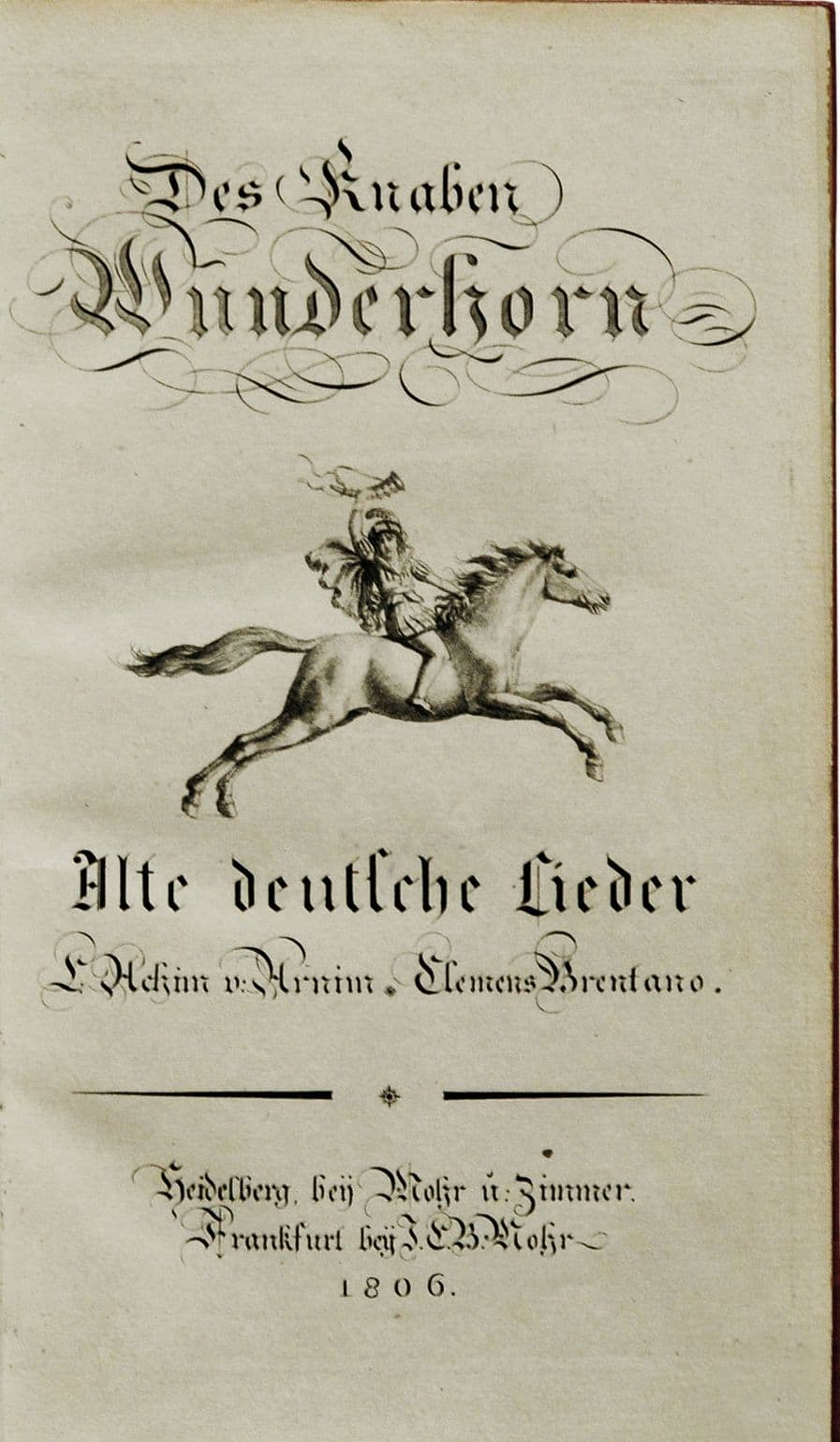
Title page of Des Knaben Wunderhorn, 1806
Over 200 composers set texts from the collection, with the most famous being Mahler and Johannes Brahms. Mahler turned away from the more erudite texts by Friedrich Rückert he had set earlier towards the simple German poetry of the Des Knaben Wunderhorn collection. The poetry in the collection was a mix of genuine folk poetry collected by the editors, Archim von Arnim and Clemens Brentano, and the editors’ own revisions and augmentations of folk works.
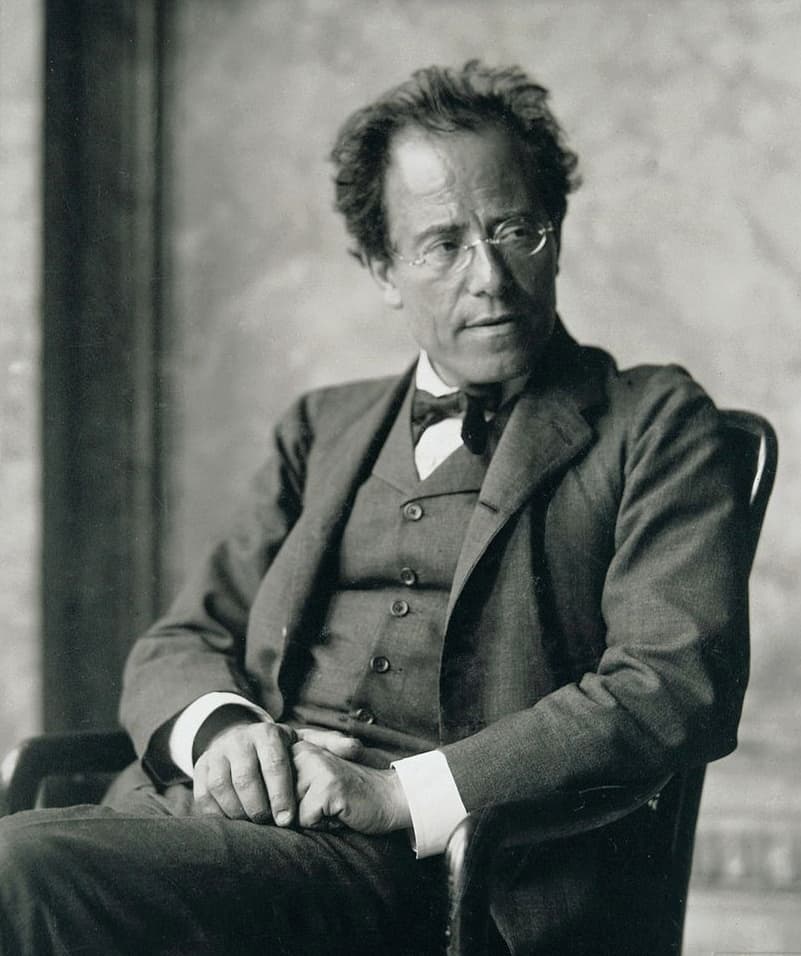
Moritz Nähr: Gustav Mahler, 1907
Mahler may have started with simple German poetry (or a simulacrum of such) and set it in a similarly simple manner, but always with a complex artistic undertone. Mahler was not above altering the source poetry (shortening it or augmenting it) to intensify the original expression.
Mahler set a total of 25 texts from the collection, 12 appeared as part of his Des Knaben Wunderhorn song collection, 9 were used as volumes 2 and 3 of his collections of Lieder und Gesänge, and others were used in his 2nd, 3rd, and 5th symphonies.
The sixth song in the Des Knaben Wunderhorn collection was a satire on religion: The Sermon of St Anthony to the Fish. Arriving at the church and finding it empty, St Anthony goes to the rivers to preach to the fish. Next follows a list of the fish and sea creatures that come to hear the saint: carp, pike, stockfish, eels, sturgeon, crabs, and turtles. The sermon ended, and the fish returned to the depths, unchanged. The sermon pleased them but their natures never change- they remain the same thieves and lovers they were before.
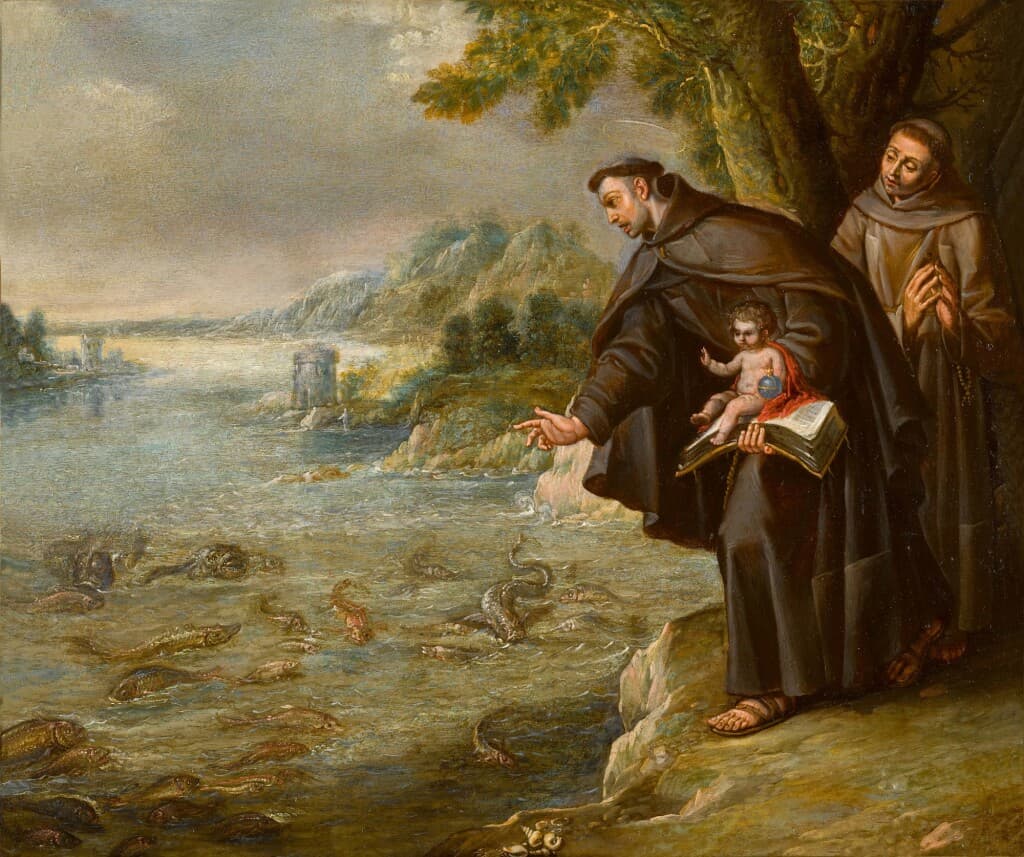
Circle of Francisco Rizzi: The Sermon of Saint Anthony and the Fish
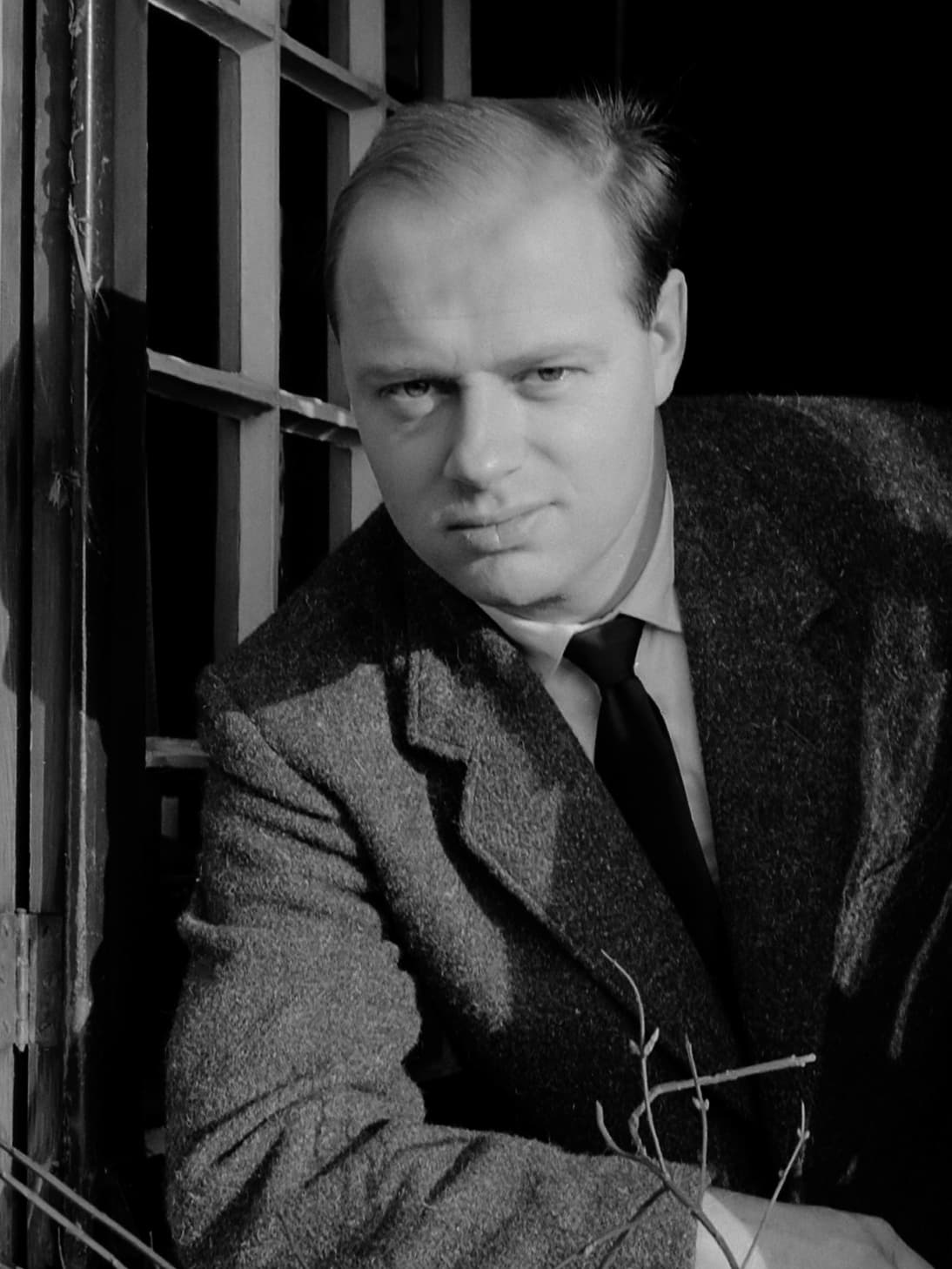
Bernard Haitink, 1959 (Nationaal Archief, Den Haag)
Gustav Mahler: Des Knaben Wunderhorn – Des Antonius von Padua Fischpredigt
This recording was made in 1958 with Bernard Haitink leading the Royal Concertgebouw Orchestra of Amsterdam with Hermann Schey, baritone. Hermann Schey (1895–1981) made his name for his Bach recordings but also took on more contemporary composers such as Schoenberg (Gurre-Lieder), Schoeck, and Pfitzner as well as Mahler (Kindertotenlieder). Bernard Haitink (1929–2021) had an international career in both orchestral and opera work. He was the principal conductor of several international orchestras, beginning with the Royal Concertgebouw Orchestra in 1961. He moved to London as principal conductor of the London Philharmonic Orchestra from 1967 to 1979, was music director at Glyndebourne Opera from 1978 to 1988, and of the Royal Opera House from 1987 to 2002, when he became principal conductor of the Staatskapelle Dresden. In addition, he was principal conductor of the Chicago Symphony Orchestra from 2006 to 2010.
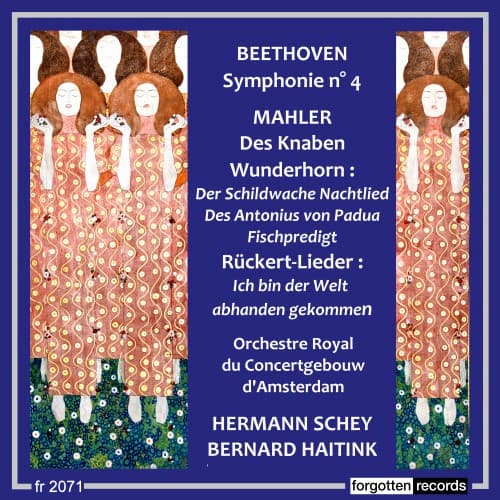
Performed by
Hermann Schey
Bernard Haitink
Orchestre Royal du Concertgebouw d’Amsterdam
Recorded in 1958
Official Website
For more of the best in classical music, sign up for our E-Newsletter

